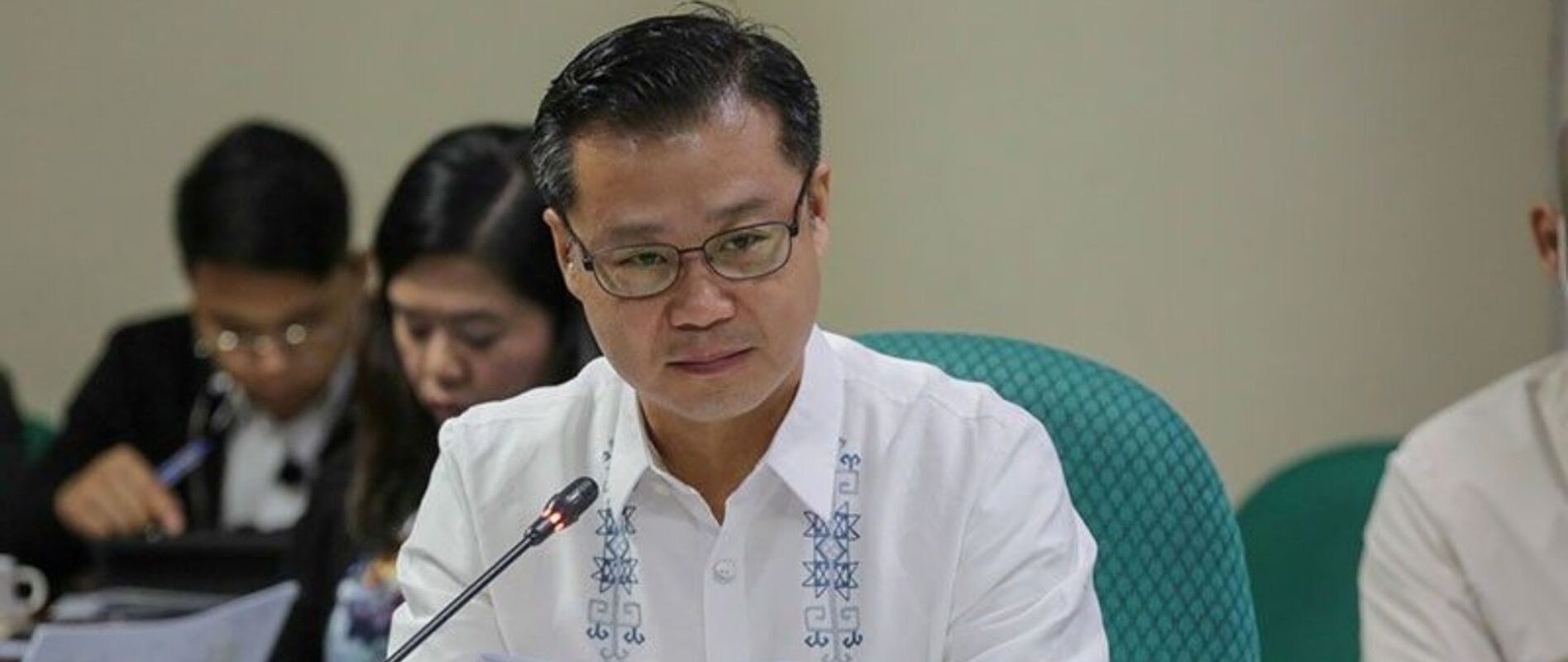SOLON WELCOMES 3–YEAR DEFICIT PAYMENT FOR FREE COLLEGE FUND
THE KABATAAN Partylist group welcomed the House of Representatives’ decision to allocate funds to cover a three-year deficit in the Free Higher Education budget for State Universities and Colleges.
However, the group also warned that budget cuts and funding gaps continue to threaten public higher education.
During House plenary deliberations on the proposed 2026 national budget, Makabayan lawmakers and the Minority bloc successfully pushed for the inclusion of ₱12.3 billion to address funding shortfalls from 2022 to 2025.
The deficit, earlier exposed by Kabataan during budget hearings, stemmed from what they described as faulty computations that failed to account for rising enrollment, personnel costs, and operating expenses across all 113 SUCs.
“In the government’s formula, the growing enrollment in SUCs is deliberately left unfunded, forcing many universities to tighten admissions or reimpose fees to make up for the shortfall,” Kabataan Partylist Rep. Renee Co said.
“This scheme limits access to free tuition while pushing public universities to commercialize to survive,” she added.
Co credited the breakthrough to persistent scrutiny by Makabayan lawmakers and pressure from students, faculty, and SUC officials.
“This is a victory of protest and collective lobbying. But in truth, government is merely paying a debt it owes to our public universities. The funds remain grossly insufficient,” she said.
Despite the release of funds for the three-year backlog, Kabataan warned that 26 SUCs still face a combined ₱6.4 billion in cuts under the proposed 2026 budget, while a ₱3.3 billion gap in the Free Higher Education fund remains due to what they called flawed computations by the Department of Budget and Management.
The group also criticized the government for swiftly approving massive confidential and intelligence funds, questionable infrastructure projects, and other pork allocations, while leaving SUCs to fight for survival.
“College has neither been fully free nor fully funded, even with the Free College Education Law,” Co said, citing the continued collection of fees for facilities, dormitories, and other services.
“It is time not only to provide sufficient subsidies but to abolish all mandatory fees. Education should be truly free,” she further stressed.














